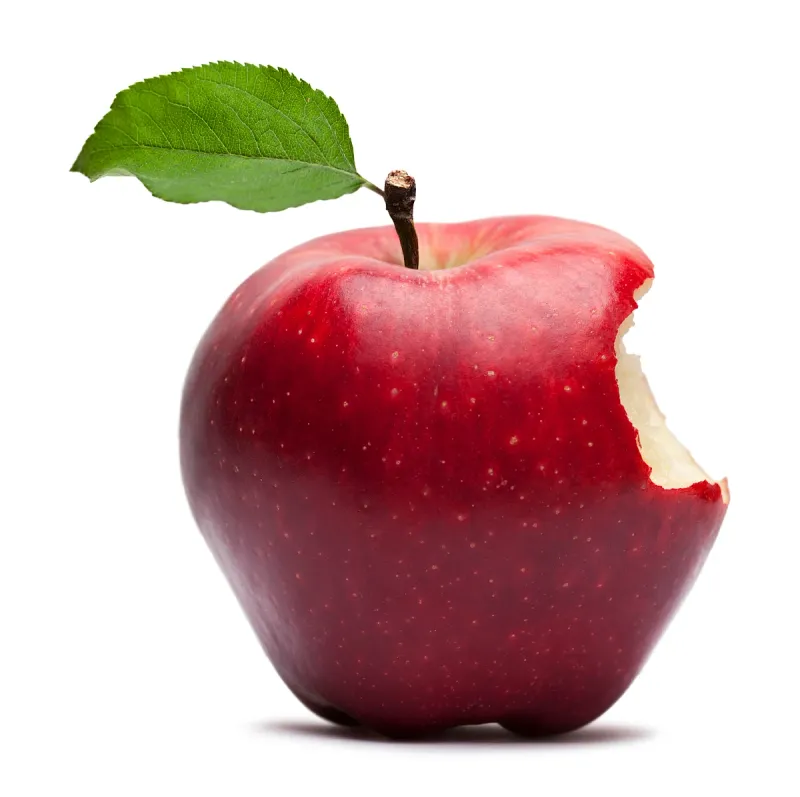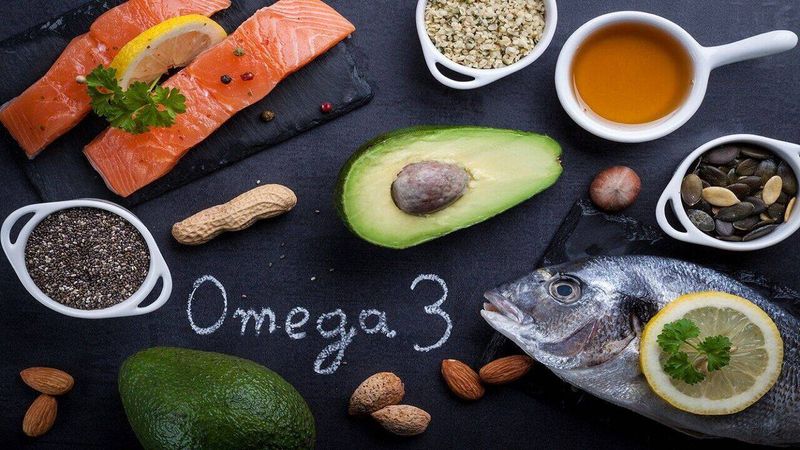Over the years, countless myths about food have managed to seep into our kitchens and dinner tables. Many of these misconceptions, passed down through generations or spread by popular culture, have little to no scientific basis. From quirky beliefs about food combinations to misleading nutritional advice, this blog post unpacks eight common food myths that many people have been led to believe, despite their lack of logic or evidence. Let’s explore these myths and see why they don’t quite hold water.
1. Carrots improve night vision

For years, the notion that carrots can significantly improve night vision has been widely accepted. This belief originated during World War II. British propaganda credited pilot success to carrot consumption to obscure radar technology use.
While carrots are rich in beta-carotene, converting to vitamin A, essential for eye health, they don’t offer superhuman vision. Eating them supports vision, but won’t give night vision.
In reality, a balanced diet rich in various vegetables is more beneficial for maintaining good eyesight. Carrots alone, though nutritious, aren’t a magical solution.
2. Eating chocolate causes acne

Teenagers often hear chocolate is the culprit for unwelcome breakouts. The myth suggests that consuming chocolate directly leads to acne. This belief likely stems from chocolate’s high sugar and fat content.
However, dermatologists find no strong evidence linking chocolate itself to acne. Acne results from clogged pores, hormonal changes, and bacteria. Diet’s role is complex and not chocolate-specific.
Moderation is key. Overindulgence in sugar-rich foods may affect skin, but chocolate isn’t singularly to blame. A balanced diet and skincare routine matter more than a single indulgent bite.
3. Spinach is high in iron

The belief that spinach is a powerhouse of iron has been ingrained partly due to Popeye’s influence. The myth emerged from a decimal error in an 1870s study, inflating iron content tenfold.
Spinach contains iron, but not in remarkable amounts. It also has oxalates, hindering iron absorption. Other greens, like kale or broccoli, offer better iron bioavailability.
Consuming spinach supports health, providing vitamins and antioxidants, but it’s not an iron giant. A varied diet, including meat and beans, ensures adequate iron intake.
4. Eating late causes weight gain

Many believe eating late at night is a weight-gain guarantee. This is based on the idea that calories consumed close to bedtime aren’t burned off.
However, weight gain is more about total calorie intake versus expenditure, not timing. Consuming balanced meals, regardless of timing, is key. A late dinner is not an automatic weight-gain sentence.
Individual routines vary, and late eating might lead to unhealthy snacking habits. It’s more about managing portions and choices than fearing the clock. Weight management depends on lifestyle, not meal timing.
5. An apple a day keeps the doctor away

The saying that an apple a day keeps the doctor away is a catchy phrase promoting fruit consumption. Unfortunately, it oversimplifies health. Apples are nutritious, providing fiber and vitamins, but they aren’t a health panacea.
Good health requires a balanced diet, exercise, and regular medical check-ups. Relying solely on apples ignores other essential nutrients from diverse foods.
Incorporating apples into a varied diet contributes to well-being but doesn’t replace comprehensive healthcare practices. Diverse, nutrient-rich meals and lifestyle habits create genuine health impacts.
6. Cracking knuckles causes arthritis

A common warning is that cracking your knuckles leads to arthritis. This myth stems from the sound being associated with joint damage.
Studies show no link between knuckle cracking and arthritis. The sound is from gas bubbles in synovial fluid, not joint harm. While frequent cracking may cause temporary swelling, arthritis isn’t a result.
It’s more of an annoyance to others than a medical concern. Understanding bodily noises can reduce unnecessary health fears. Arthritis results from genetics, age, and joint wear, unrelated to knuckle cracking habits.
7. Fish is brain food

Fish, renowned as brain food, is a staple in many diets. The myth suggests fish consumption directly enhances intelligence. The origins are linked to omega-3 fatty acids found in fish.
Omega-3s support brain health, essential for cognitive function, but eating fish doesn’t increase IQ instantly. It’s one component of a healthful diet aiding brain maintenance.
Regular fish consumption, paired with diverse nutrition, sustains brain vitality. It’s not about miraculous mental boosts but promoting long-term brain health through balanced eating habits.
8. You shouldn’t drink water during meals

Many are told not to drink water with meals, fearing dilution of stomach acids and impaired digestion. This misconception likely arises from misunderstanding digestive processes.
In truth, sipping water aids digestion, helping break down food and absorb nutrients. It doesn’t hinder digestion, but supports it, keeping the digestive system efficient.
Staying hydrated is vital for overall health. Integrating water into meals aligns with maintaining hydration and effective digestion, dispelling the myth that water disrupts mealtime digestion.
Hi all, I am Sidney, an accountant, a hobbyist photographer, and a mother to two sweet girls who are my motivation. I love sharing the tips and tricks I gained all these years I’ve been a mother. I hope it will help you!

